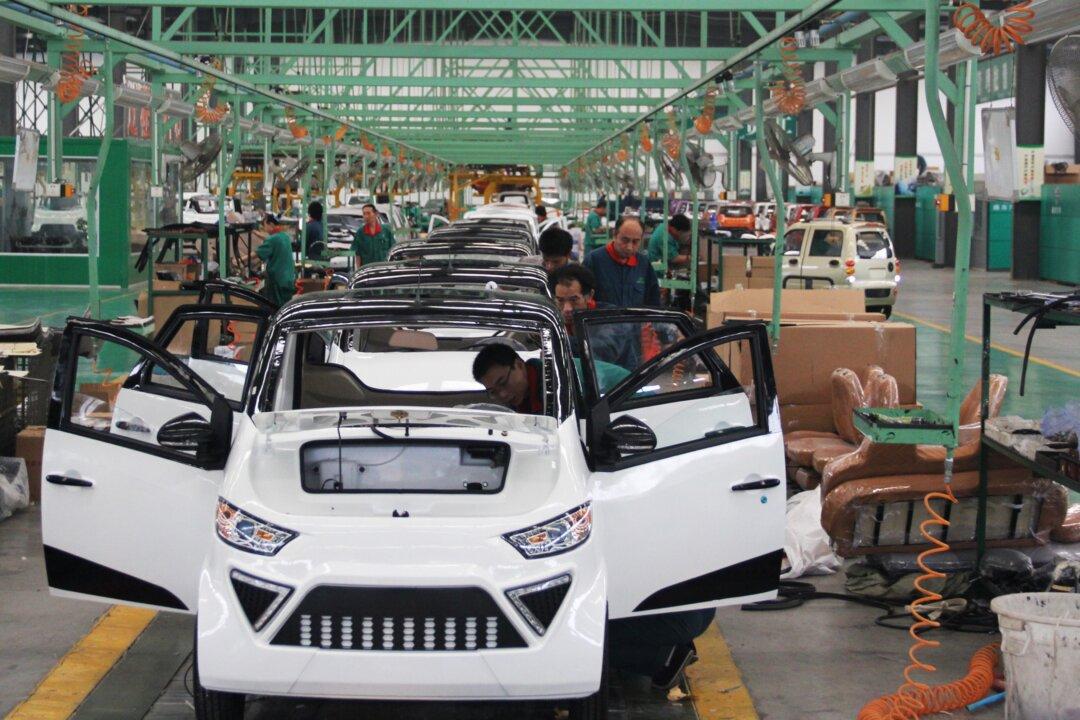China announced a number of policy changes with regard to the new energy vehicle (NEV) industry this year. Along with the reduction of government subsidies, China reopened its market to Japanese and Korean NEV battery makers. Industry insiders believe about 90 percent of Chinese NEV battery companies will go out of business as a result.
The Three Factors
On March 26, China’s Ministry of Finance, Ministry of Science and Technology, and other agencies jointly announced changes to the subsidy program for new energy cars, slashing subsidies by 67 percent.In addition, subsidies for new energy vehicles will be phased out completely after 2020.





